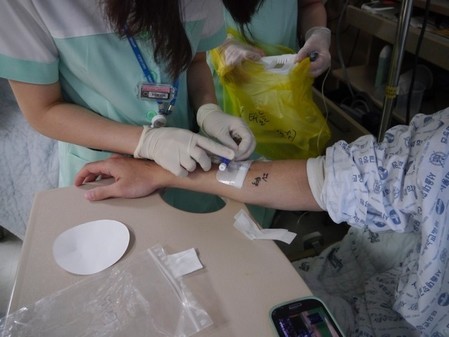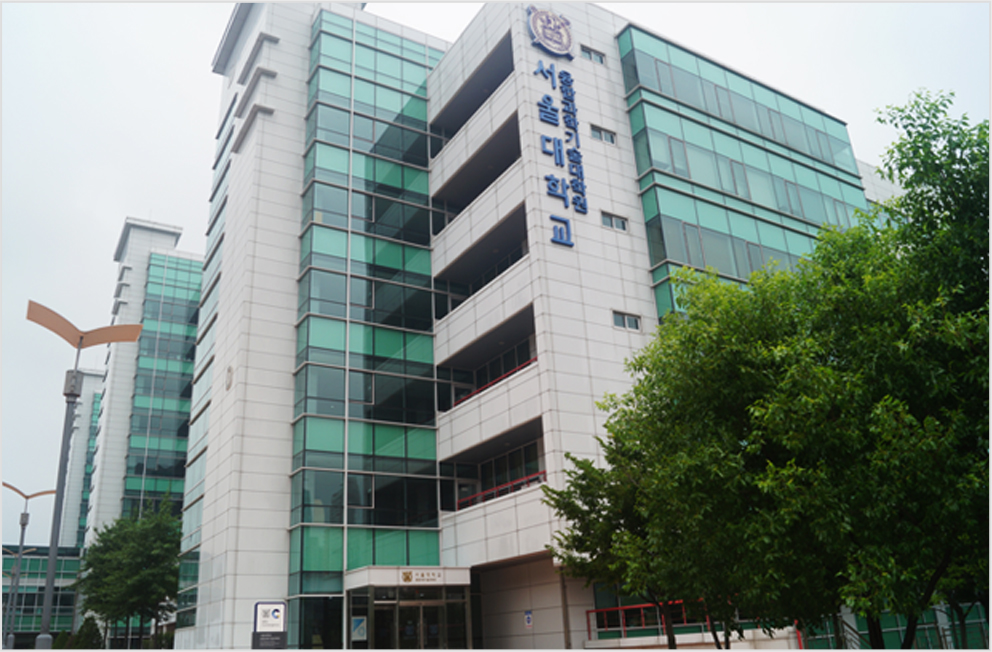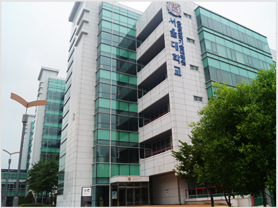The best model for humans is human. Drug development has long
been suffering from the lack of translatability and predictability of the
preclinical animal experiments to humans. Dr. Richard Klausner, former Director
of the US National Cancer Institute, commented in 1998, “the history of cancer research has been a
history of curing cancer in the mouse. … and it simply didn’t work in humans.” Twenty years fast forward, drug
development scientists are still struggling with the same issue.

Microtracing/microdosing is an innovative technology that can
revolutionize the current paradigm of clinical drug development. Typically, a
very small amount of the drug, i.e., ‘microdose’,
which is less than 100 micrograms (or 30 nmoles for proteins), is administered
to humans. Since this is much smaller than 1/100 of the pharmacologically
active dose, microtracing/microdosing technology can be employed at a very early
stage of clinical drug development even when there is limited animal toxicology
data. Furthermore, in order to trace minute doses, an accelerator mass
spectrometer (AMS) is required and the compound should be labeled, typically
with 14C. The microtracing/microdosing study allows clinical drug
development scientists for generating the intravenous pharmacokinetics, mass
balance, metabolite profiling, and absolute bioavailability data much easier,
faster, and at a lower cost.
Dr. Howard Lee has spearheaded the employment of microtracing/microdosing
technology for drug development in Korea since 2012, supported by three
government grants. Dr. Lee has successfully d a new research ecosystem
for the microtracing/microdosing study, which helped him perform the first
microtracing/microdosing study under a full investigational new drug (IND)
application in 2014. The result of this study was published at the most reputable journal in the field. Dr. Lee has conducted two
additional microtracing/microdosing studies, and has recently won a two-year
grant of $1 mil, in which microtracing/microdosing technology will be applied
to a new drug development study with biologics.

























